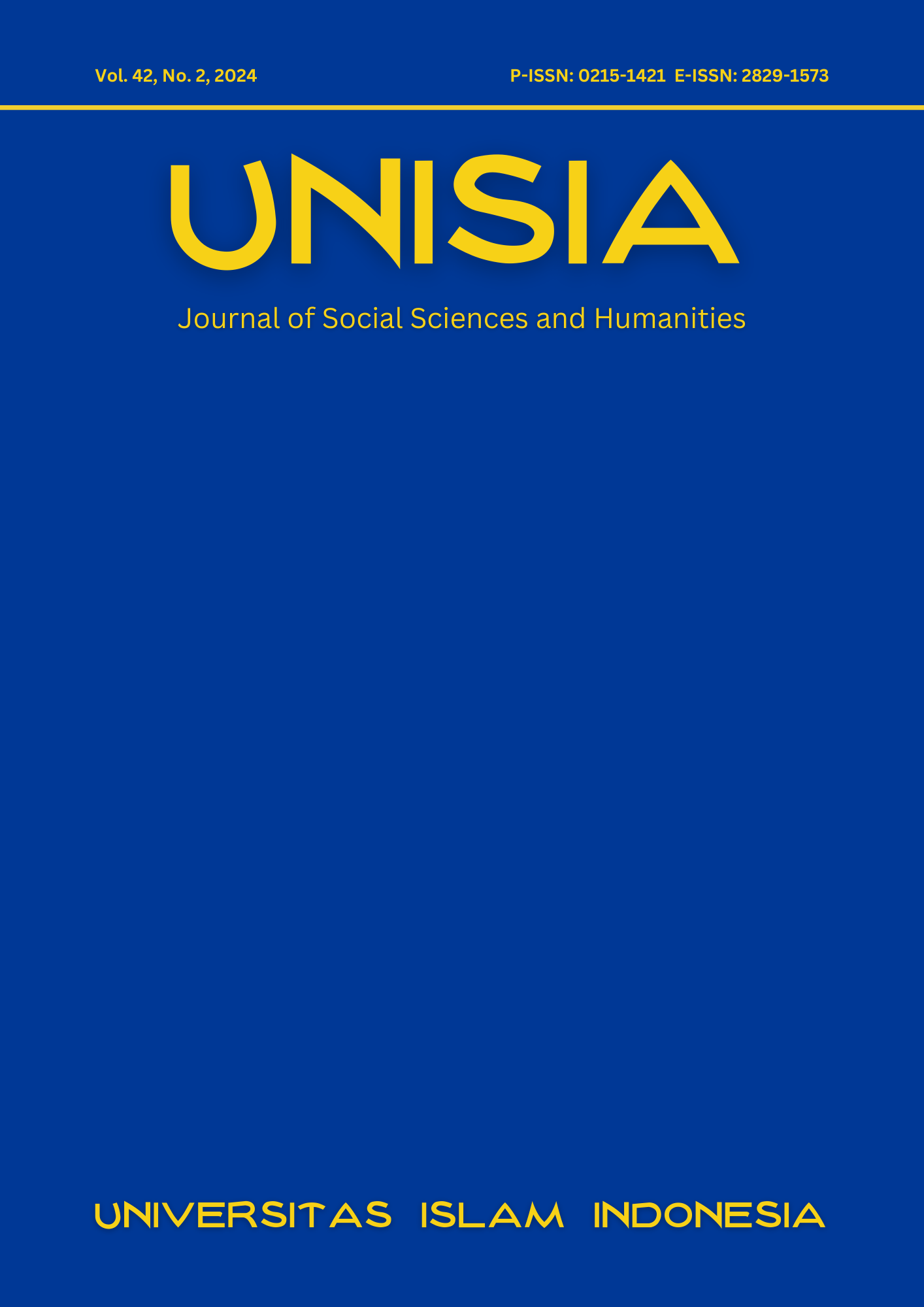Main Article Content
Abstract
This study explores the relationship between social support and resilience in individuals living with HIV/AIDS. Resilience, defined as the ability to adapt and recover from adversity, is critical for psychological well-being, especially in the face of stigma and discrimination commonly experienced by people with HIV/AIDS. The research aims to determine whether social support significantly contributes to enhancing resilience among this population. The study employed a quantitative approach, involving 64 individuals diagnosed with HIV/AIDS in Yogyakarta, Indonesia. Data were collected using the Multidimensional Scale of Perceived Social Support and the Connor-Davidson Resilience Scale. Statistical analyses, including Pearson’s Product-Moment Correlation and Spearman’s Rho, were conducted to test the hypothesis that higher social support is positively correlated with increased resilience. The findings reveal a significant positive correlation between social support and resilience, with a correlation coefficient of 0.511 and a p-value of 0.000. Resilience levels among participants were generally low, with 81.2% categorized as "very low." Social support levels were similarly low, with 51.56% of participants in the "very low" category. Family, friends, and significant others were identified as key sources of social support, contributing 18.9%, 23.8%, and 27.2% to resilience, respectively. The study also found that social support was particularly impactful on aspects of resilience such as persistence and hardiness. The results underscore the importance of social support in fostering resilience among people living with HIV/AIDS. Enhanced social support networks contribute significantly to their psychological adaptation and ability to cope with adversity. Conversely, a lack of support exacerbates vulnerability and diminishes resilience.
Keywords
Article Details
Copyright (c) 2024 Nabilla Dwi Ulfa, Fitri Ayu Kusumaningrum

This work is licensed under a Creative Commons Attribution-ShareAlike 4.0 International License.
- Authors retain copyright and grant the journal right of first publication with the work simultaneously licensed under a Creative Commons Attribution License that allows others to share the work with an acknowledgement of the work's authorship and initial publication in this journal.
- Authors are able to enter into separate, additional contractual arrangements for the non-exclusive distribution of the journal's published version of the work (e.g., post it to an institutional repository or publish it in a book), with an acknowledgement of its initial publication in this journal.
- Authors are permitted and encouraged to post their work online (e.g., in institutional repositories or on their website) prior to and during the submission process, as it can lead to productive exchanges, as well as earlier and greater citation of published work.





